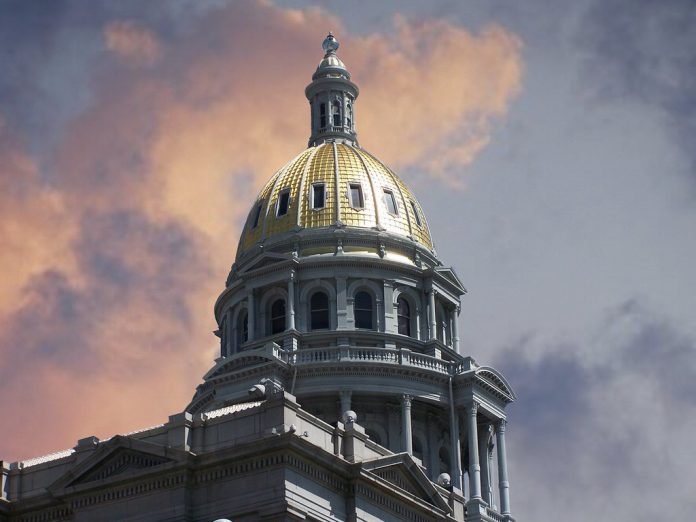Since 1992, Colorado has championed one of the best programs for taxpayers in the country. The Taxpayers Bill of Rights (TABOR) has kept Colorado at the forefront of involving voters in the state’s financial processes.
Essentially, TABOR specifies that tax increases must be approved by the voters via ballot referendums. And, TABOR ensures that taxes collected by the state government that exceed the revenue limit are refunded to the taxpayers. With TABOR in place, Coloradoans have enjoyed some of the premier taxpayers’ rights in the country for more than three decades.
However, with great success comes great challenges.
Since the inception of Colorado’s TABOR, Democrats in the state have continually attempted to undercut the program. This has recently manifested in the form of Proposition HH.
Proposition HH is a voter referendum that Coloradoans will be encountering this year at the polls. It is posed as a property tax relief plan, but really does very little to create substantial property tax relief for Coloradoans while allowing the government to weaken their taxpayer protection regime.
As noted in the proposition, HH has the potential to modify or reduce tax rates for the state’s property tax system. This goal would be achieved by lowering the assessment rate for certain residential and non-residential properties. This change in assessment would save the average Colorado homeowner about $4,600 through 2023. Of course, this sounds like an overall win for the Colorado taxpayers.
That is, until you get to the second part of voter referendum; Proposition HH would eventually increase taxes by allowing the state of Colorado to retain, and spend, more tax revenue annually. Specifically, Proposition HH would allow the state to spend about 25 percent more per year, eventually depleting the revenue for the refunds the taxpayers are entitled to and have become accustomed to enjoying.
Proposition HH plans to distribute this “excess revenue” to school districts and other government entities without new stipulations thereby undermining the entire premise of TABOR: allowing for taxpayer involvement in tax increases and distributions.
Many entities and organizations have evaluated the long-term cost and economic implications that are associated with the passage of proposition HH, and they are coming to the same conclusion. “When comparing the property tax increase to lost TABOR refunds, most taxpayers will pay more over the next 10 years if HH passes than if HH fails,” according to the Common Sense Institute.
Overall, any substantial benefits to the taxpayers in the form of property tax reductions would be overshadowed by long-term tax increases. As a good rule of thumb, if any liberal politician is pushing for “tax reform” it would inevitably take money out of taxpayers’ wallets. Proposition HH is, in fact, a wolf in sheep’s clothing for the rights the Colorado taxpayers have exercised since the implementation of TABOR.
For the sake of Coloradoans, one can hope that the voters become well-informed on all of the economic and tax implications associated with Proposition HH.











